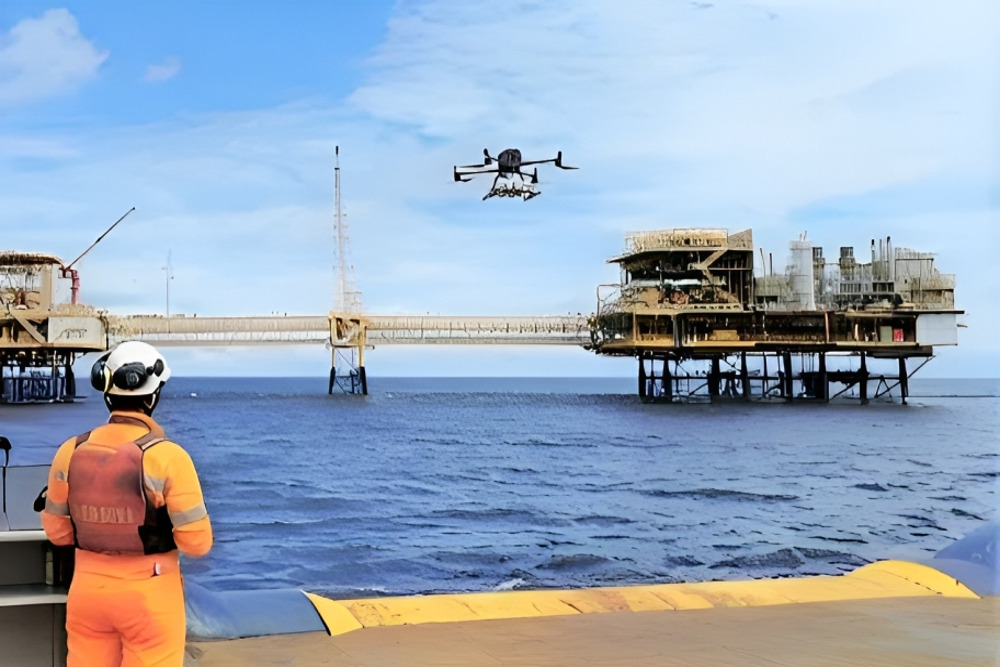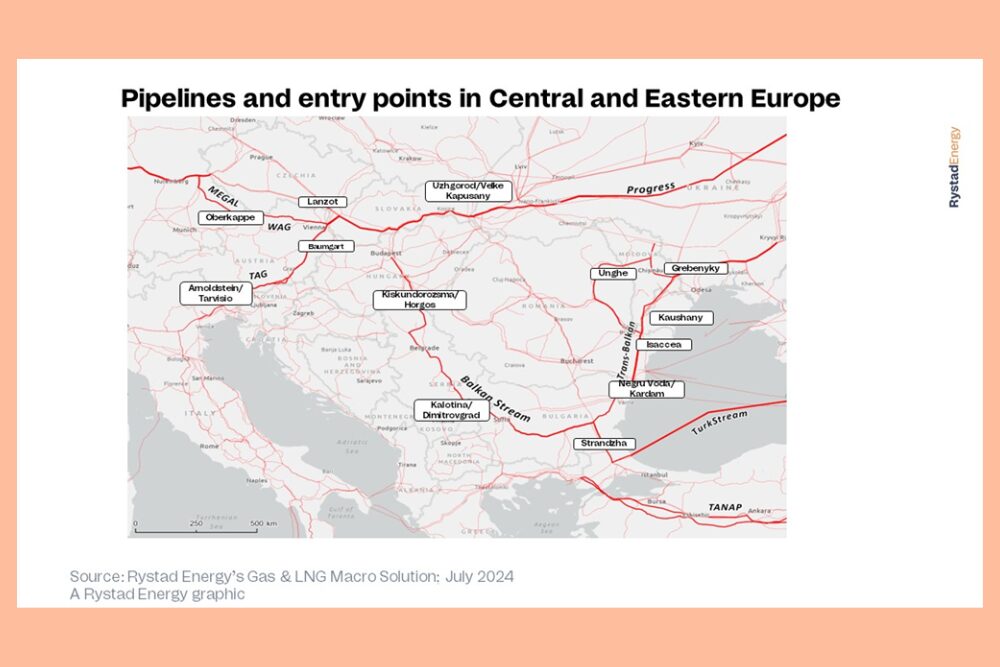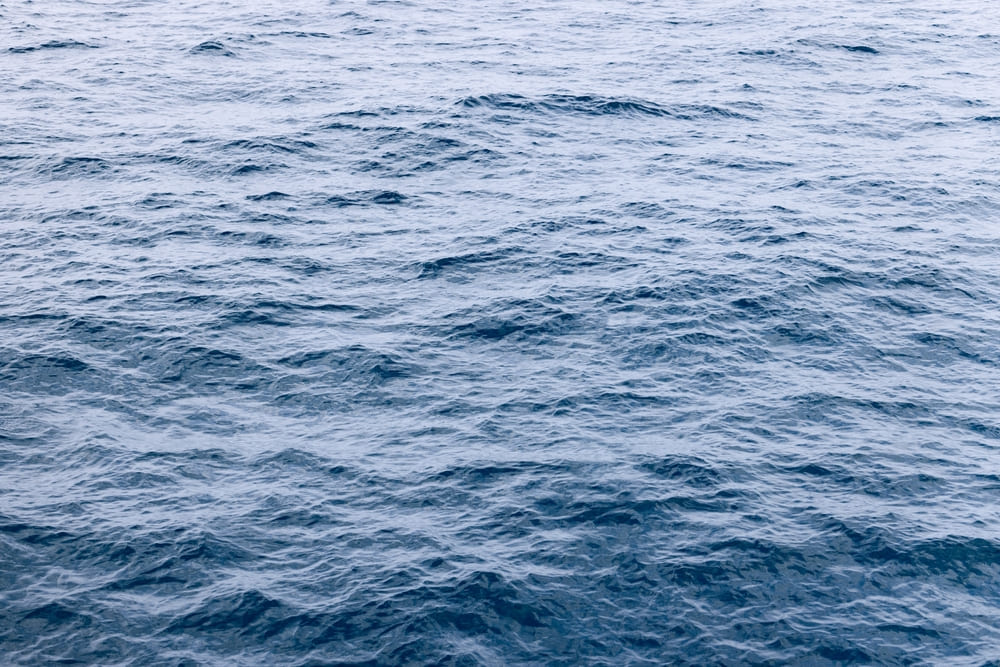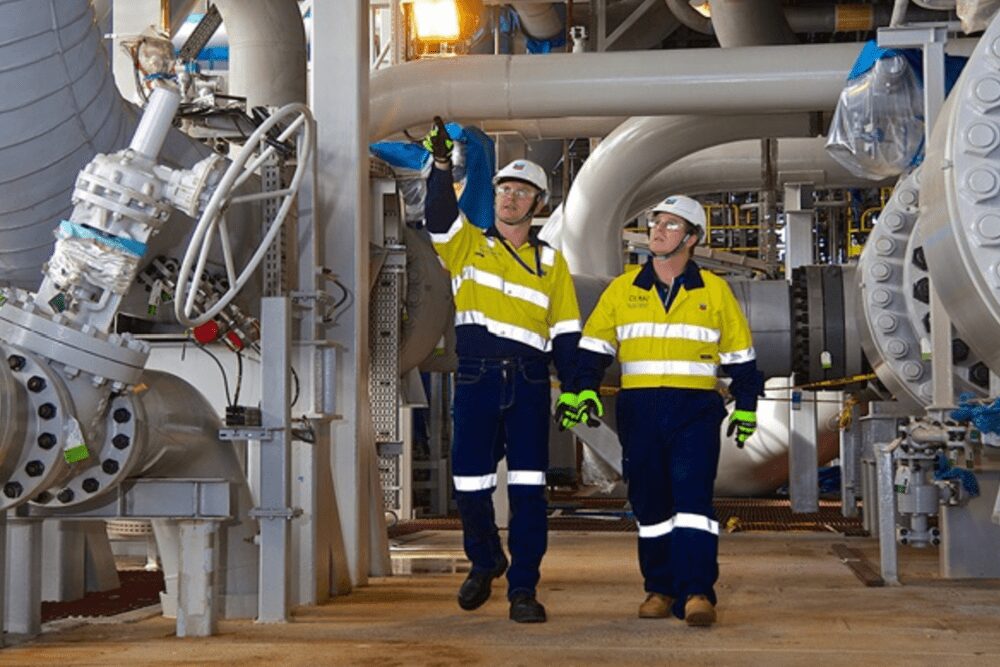
During the COP28 UAE Conference, TotalEnergies announced the signing of cooperation agreements with other oil and gas companies to carry out methane detection and measurement campaigns — using the AUSEA technology on oil and gas facilities in Brazil, Azerbaijan and Angola.
TotalEnergies hopes that these partnerships will encourage the entire oil and gas industry to aim for zero methane emissions by 2030.
Developed by TotalEnergies, French National Research Center for Scientific Research (CNRS) and University of Reims Champagne Ardenne, the AUSEA gas analyser is currently one of the most accurate technologies in the world to detect and measure methane emissions.
AUSEA consists of a miniature dual sensor mounted on a drone, capable of detecting methane and carbon dioxide emissions, while at the same time identifying their source. Measurements can be taken at all types of industrial facility, whether onshore or offshore, using this technology. It supplements measurements taken using traditional techniques such as infrared cameras, ground sensors and satellite.
The sensor features a diode laser spectrometer and is capable of detecting and quantifying methane emissions with a high level of accuracy (> 1 kg/h).
The three cooperation agreements were signed with Petrobras in Brazil, SOCAR in Azerbaijan and Sonangol in Angola — and all companies aim to carry out AUSEA drone-based emissions measurement campaigns on their operated facilities.
Last year, TotalEnergies launched a worldwide drone-based emissions detection and quantification campaign across all its upstream oil and gas operated sites using the technology.
The campaign is an important step towards achieving a reduction of 50 per cent in methane emissions at its sites by 2025 and of 80 per cent by 2030 (targets in relation to 2020).







